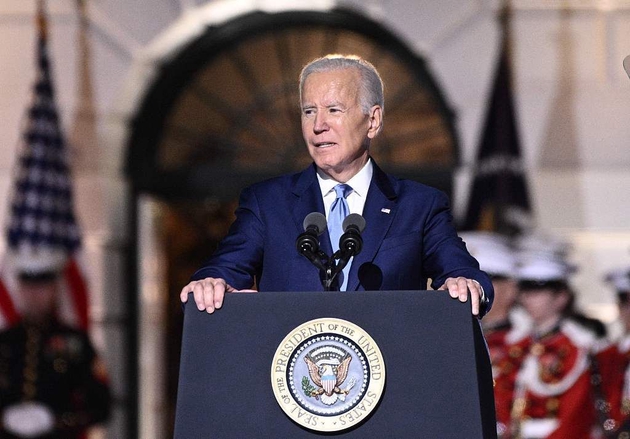your current location is:Home > TechnologyHomeTechnology
U.S. tech stocks have their worst two-week performance since the outbreak: Amazon fell nearly 8% last week

Sina Technology News Beijing time on September 26 morning news, according to reports, for investors in the technology industry, the stock market rebound in the third quarter of this year has become a bubble. The Nasdaq Composite has lost 5.5% and 5.1%, respectively, over the past two weeks, its worst two-week performance since the start of the U.S. coronavirus outbreak in March 2020.
Also, with the third quarter ending this week, the Nasdaq is likely to post its third straight quarterly decline unless it recovers its 1.5% loss over the last five sessions.
Investors have been dumping tech stocks since the end of 2021. They argue that higher inflation and higher interest rates will have a harder hit on the companies that rose the most during the boom. Currently, the Nasdaq is just above a two-year low hit in June.
Markets are being hit by the Fed's continued rate hikes. On Wednesday, the Fed raised its benchmark interest rate by 75 basis points and said it would raise rates further in an attempt to bring inflation down from levels not seen since the early 1980s. The Fed has raised the federal funds rate to a range of 3% to 3.25%, the highest level since early 2008. Previously, the Fed raised interest rates by 75 basis points three times in a row.
At the same time, the dollar continued to strengthen as higher interest rates pushed the 10-year Treasury yield to its highest level in 11 years. That makes American products more expensive in other countries, hurting tech companies that rely on overseas markets.
Jack Ablin, chief investment officer at Cresset Capital, said on Friday: "This is one punch after another for tech stocks. A stronger dollar is not good for tech stocks, and 10-year Treasury yields are high. Not going down is not good for tech stocks.”
Among big tech companies, Amazon was the worst performer last week, falling nearly 8%. Google parent Alphabet and Facebook parent Meta fell about 4 percent each. All three companies are cutting costs and freezing hiring in response to weak consumer demand, stagnant advertiser spending and inflationary pressures on wages and product production.
Alphabet CEO Sundar Pichai was reportedly faced with a backlash from employees at the company's all-hands meeting last week. Employees expressed concern about cost cutting and Pichai's recent remarks about the need to increase employee productivity by 20 percent.
Earnings season for U.S. tech stocks will kick off in about a month, and expectations for growth have dimmed. Alphabet is expected to report single-digit revenue growth year over year, compared with more than 40% growth last year. Meta could see its second straight quarter of revenue declines. Apple's revenue growth rate is expected to be just over 6%. Expectations for Amazon and Microsoft are higher, at about 10% and 16%, respectively.
Last week was a particularly difficult one for the sharing economy industry. Shares of Airbnb, Uber, Lyft and DoorDash fell between 12% and 14%. In the cloud computing software market, many companies fell significantly. Among them, GitLab fell 16%, Bill.com fell 15%, Asana fell 14%, and Confluent fell 13%. Cloud computing software companies were sought after by the industry before plunging in 2022.
Cloud computing software giant Salesforce held its annual Dreamforce conference in San Francisco last week. While discussing financial metrics, the company announced new long-term profitability targets, signaling its determination to improve operational efficiency.
Salesforce CFO Amy Weaver said Salesforce's new target is an adjusted operating margin of 25%, which also includes future acquisitions, up from 20% for 2023 announced a year ago fiscal year target. The company is reducing sales and marketing expenses as a percentage of revenue, in part by relying on salespeople to put in more effort and improve efficiency.
Salesforce shares fell 3% last week and are down 42% this year. "There's a lot going on in the market, currencies, recessions, pandemics," co-CEO Marc Benioff said in an interview. "With all of these issues, you need to balance multiple strength."
related articles
Article Comments (0)
- This article has not received comments yet, hurry up and grab the first frame~












